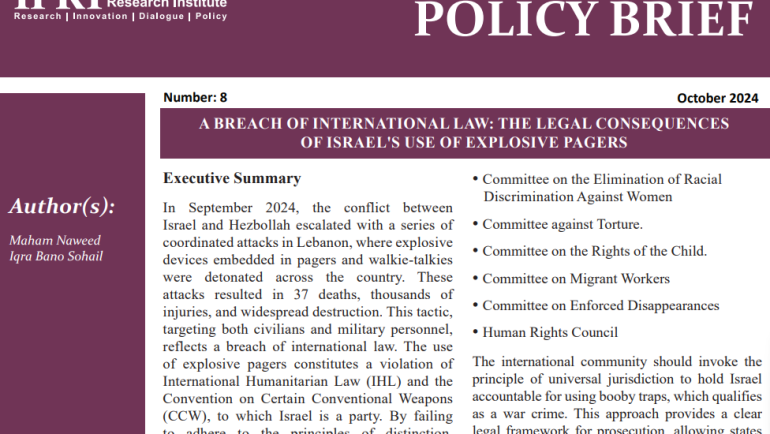Policy Brief 31/07/2025
Pakistan received USD7 billion in the Extended Fund Facility (EFF) in the 25th arrangement of the IMF. Since independence, Pakistan has received financial assistance from the IMF twenty-five times, resulting in temporary short-term stability. However, the austerity measures proposed by these programs have only resulted in the deepening of the already existing structural vulnerabilities.
The IMF interventions have temporarily stabilised the economy, but the cost of this short-term stability is difficult to bear, further deteriorating the growth capacity of the country. However, the question is, does Pakistan have an alternative to the IMF? To end this recurring dependence on the IMF, the government must focus on developing short-term to long-term policies targeted towards sustainable growth levels while addressing the structural vulnerabilities of the country.
To achieve these, the government may collaborate with the private sector to advance towards sustainability. Leverage development programs with the World Bank and ADB to enhance the infrastructure of the country. Additionally, the government facilitates economic advancement by promoting trade with Bangladesh, China, and the UAE, broadening the tax base, and simplifying the regulatory framework.

